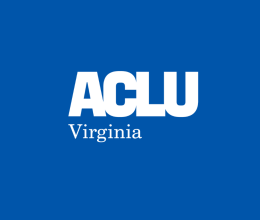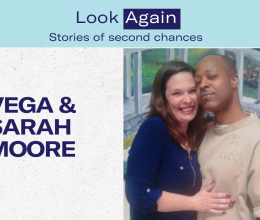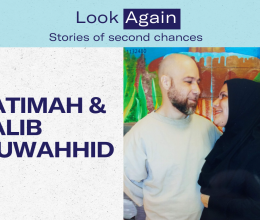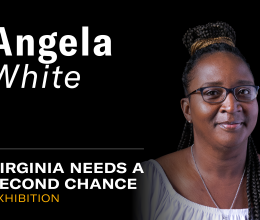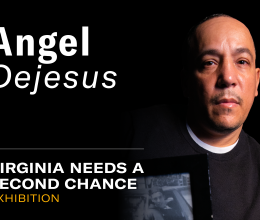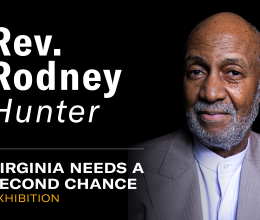RICHMOND, Va. – The Supreme Court of Virginia affirmed the Virginia Department of Corrections’ (VADOC) interpretation of budget language that restricted eligibility for expanded earned sentence credits in its ruling today on Antoine Anderson v. Clarke and Bowles.
Today’s ruling means that the 2022 budget item will continue to bar people serving mixed sentences for crimes that both are and are not eligible for expanded sentence credits from earning any of those additional credits, even on time served before the budget was passed. In response to the ruling, ACLU of Virginia Senior Staff Attorney Geri Greenspan issued the following statement:
“Mr. Anderson’s case asked whether people serving mixed sentences were eligible for expanded sentence credits, and although we are disappointed in the Supreme Court of Virginia’s ruling that they are not, the fight is far from over. The legislature can and should keep its promise to people who have done the hard work to earn a second chance.
“We recently won another earned sentence case before the Supreme Court of Virginia, which ruled that VADOC was wrong to withhold earned sentence credits from our client, Mr. Prease, and filed two additional cases arguing that VADOC is wrongfully denying expanded earned sentence credits to people with attempt or conspiracy convictions. We will push VADOC to extend the Prease ruling to everyone else serving time for similar ‘inchoate’ offenses, all of whom we believe are being held in prison unlawfully.
“Our clients are just some of the hundreds, if not thousands, of people whose incarceration VADOC is unlawfully extending by refusing to honor the credits they worked so hard to earn. Everyone deserves a second chance. People who have earned their release should get it, and we will keep fighting until they do.”

